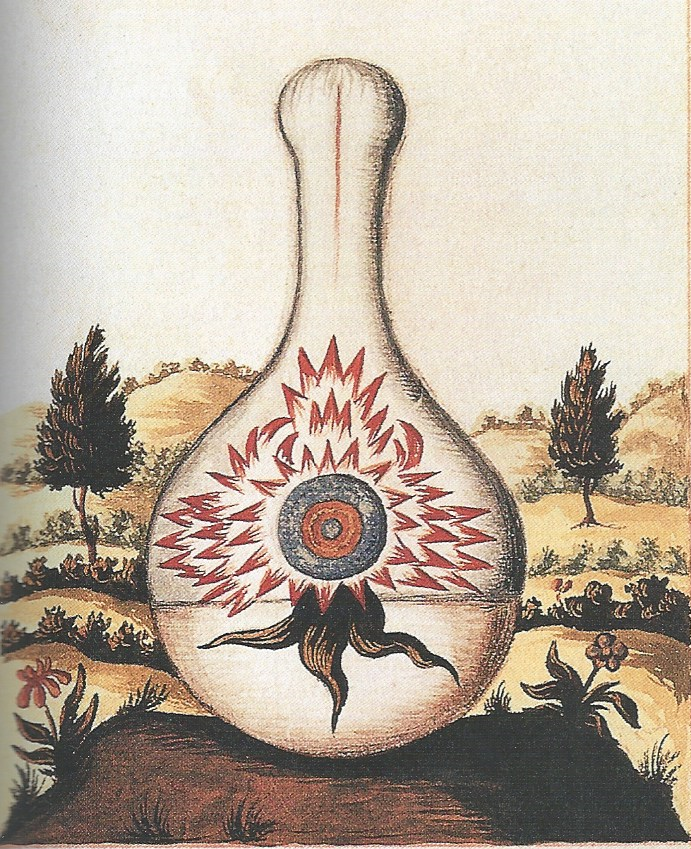
Being, becoming, passing away. A tripartite concession to nothingness. What we consider being is always already an abstraction by the time it has been articulated. A kind of retrospective summary and crystallization. The statement “it is” is nothing more or less than an obituary.
Clutching at fixed patterns is a dangerous ploy. We think rigidity is a life raft in the ocean of endless chaos called existence. We can force rigidity to “work” within carefully constructed frames and conditions. That doesn’t mean that any of it adds up right. The more conditional I make my life, choices, narratives of self and other, the more illusions of control I can conjure. This might be a very dangerous thing.
So rigidity seems to afford a measure of safety from the awe and horror of having to endlessly make un- or under-informed choices. A horror and awe that is inescapable. Yet rigidity does not actually reduce the number of choices of these kinds. It merely asserts a set of pre-decided answers, then denies that other options are available or possible. The magic of habit then comes into play, and free will devolves to seeming destiny.
“why do it this way?” “Because that’s what I do.” This reasoning becomes a substitute basis for much of life. I make a choice in order to get through a dilemma, a loss, a fear, a crisis. I make the expedient call or the anxious reaction. Then I build that part of my life around this reactive, tense bodymind set. Then I call this my identity or my character. I certainly come to regard it as my truth.
On that basis I tell myself I have found my truth. Yet it seems more as though I have just constructed it, conjured my “truth” from the process of reifying reactive, short-term survival responses. Soon my anger and fear are recruited to the legitimation of my defensive posture. Thought and belief swiftly follow. “Why are you like that?” “Here are my reasons.” Yet there are no reasons. There are just ersatz invocations of safety, unacknowledged.
The lack of acknowledgement that all my carefully laid out narratives, reactions, and habits are a product of protective clutching becomes a doom. A self-fulfilling doom. I can rumor myself into smaller and smaller dead ends of selfhood. I can confuse cramped posture and cognition alike as my personality. Beneath these pinched surfaces my organismic spontaneity languishes, suppressed, choked, bound and abandoned.
This is a dissociative dilemma. I am relinquishing my internal communication and integration for the sake of the appearance of predictability, safety, and mastery. The narrative self, shorn of embodiment, uses its only tool – reification – to protect the whole. In doing so it takes over responsibility for the whole organism. There is no room for gut feel, heart guidance, or brain hemisphere integration. Just narrative cramp. Fruitless clutching at “meaning” that was scrapped together under duress and passed off as necessity.
The project of recovering spontaneity is fundamental and essential. The project of abandoning safety cramp is essential. The project of redefining responsibility and choice to embrace the unknown is essential. The more I flee from what I cannot control the more it silently shapes me. Control lies in the clutches of the random, the uncertain, the ambivalent yet resolutely playful experiment. It lies in heuristics, not linear prescriptions.
The first step in embracing uncertainty lies in shaking. Shaking the body. Letting it pulsate, tremble, quiver, tense and release over and over again. When we perceive danger we instinctively clench and tighten. The longitudinal patterns of this tensing and tightening – making them habitual and unconscious – is what we mistake for our true nature. True nature, just the hackneyed grab bag of disowned safety reactions in the body!
So we shake, and tremble, and pulsate, and breathe heavily. We make spontaneous movements that make no sense, that have no readily interpretable meaning. Not being able to interpret is important. The inchoate forces us to confront the constricting armor of our habits in a new way and perhaps to loosen them.
The breathing is particularly essential. We ignore, deny, and suppress the breath. Somewhere in my life I held my breath in the face of fear and the danger passed. So I learned that stilling the breath “brings” safety. How ironic that oxygen starvation and carbon dioxide poisoning might be associated with safety! So we have a kind of Stockholm Syndrome with the act of holding the breath.
The antidote is a practice of welcoming and generosity. Instead of clenching the breath in when we face fear, anxiety, anger, uncertainty, confusion, overwhelm, we deliberately breathe out into our fear. Into our projections about the future, the past, ourselves, others. We give something of ourselves, and behold: we empower ourselves. Giving away, we acquire.
This paradox is no accident. Paradox is a fundamental principle of this existence. Extremes become their inverses. Constantly. Duality is always unified according to the field through which it plays out. When I clench and tighten I choose “safety,” and in abandoning “risk” I lose safety, exchanging it for rigid patterns of thinking, feeling, and acting that trap me in danger responses perpetually. A poor exchange.
On the other hand, if I recognize and embrace paradox for what it is, that is to say, the primary stitch by which existence is sewed, I generate a different sort of profile as I move through the waters of life. I cease fighting inevitability. I cease insisting on an impossible level of uniformity, pattern, structure. I am no longer asking for impossibility, so I am no longer disappointed.
I no longer need to justify my existence on some basis of moral judgment, which frees me of the self-appointed burden of judging others. My existence becomes a long-cycling dance between breath and breathlessness; inhalations and exhalations. Belly expanding and contracting. Mouth and nasal passages massaged by air in motion. Lungs expanding and contracting, communing with a heart that beats in coordination. Organs can come into their own, flowing, fluid functioning.
Nervous system follows. Not just brain, whole body nervous system. Heart. Gut. Periphery. Sympathetic and parasympathetic (another great duality!). Embracing experiencing breath first, I embrace the duality of scarcity and plenty embodied in every inhale and exhale. My basis of moment to moment awareness ceases to be tectonic – always only one earthquake from total disaster – and assumes instead a tidal character, a rhythmic grace.
When I abandon rigid, protective cramp in favor of the pulsation of the breath, I gain self-mastery. Mastery not as dominion-over, but as oneness-with. Thought and flesh are restored to their original unitary flow. I am not longer enslaved to my protective cramp, that rigidity that I can so easily mistake for my character or personality.
The process of depatterning and repatterning is no easy thing. Many false starts are entailed. So be it, these two may be welcomed as necessary, even integral. There is never anything wasted. So no need to fear or resent suffering, since it too is one part of the movement of pulsation. We are made of water. Water does not resent itself, or fear itself, or try to impose an order upon itself. It is spontaneously self-organizing when we cease to intrude upon its natural and intrinsic logic.
We forget that falling in love, we must also come to terms with what we find annoying and distasteful – even downright intolerable – in the other and also in ourselves. Yet it is precisely this confrontation that leads to our greatest growth.
– Robert Johnson, Owning Your Own Shadow
Johnson’s point is palpable. Like it or not, we are married to ourselves and to our being thrown into this world. I can manage the vulnerability of this marriage by constriction, fear, and armor. I can disappear or impose. I can strain, clutch, force, insist, demand. These are not behaviors of relationship. These are behaviors of control and destruction. I visit them on myself as well as the other. The more I use them on the other, the more my own spirit withers. The more my spirit withers, the more pathetic I judge my ability to thrive, and so the more I resort to imposing domination on my world.
The involuntary marriage to self cannot be redeemed through any amount of control clench. We must instead take it over. Declare “thus I willed it,” even if initially this tastes like a lie. Alternatively, perhaps we ask ourselves the question “how would I proceed if I had willed this, too?” This little act of make-believe pairs well with the long slow outbreath into each moment. The deliberate breath and the deliberate thought. Movement follows as a natural course, a water tide.
The corollary of this softening of tightening is that we must embrace even it. Sometimes the intentional recruiting of all of our resources to tightening can free us from its clutches. Sometimes the only way out is to recapitulate with intention and irony. Rather than resisting and giving in to rigidity as we so readily do. Holding my breath too could have its necessary purpose and value. When I have learned I can readily breathe I can learn to hold my breath so lightly that even constriction comes to be seen in its fullness as a natural moment in the oscillation of my flesh psyche. No need to fight constriction, no need to control the urge to control. Allow it to return to its place in the tide of ebb and flow.
If I am living true to these conjectures, it might not be particularly noticeable. There might be little observable contrast from the outside. The point is not to define some sudden, dramatic, and perplexing transmutation. This expectation still secretly mounts itself on the steed of disowned clench.
Instead, I might simply be saying yes to the iterative uncertainty of self-definition and self-recognition, where before I tried to make it be through force of will (so funny, when nothing can be made to be, only witnessed and nourished).
Witnessing and nourishing I become. I honor becoming. So this is an ethical calling also, this call to pulsation, breathing, trembling, seducing ourselves to the nonbinary and the expansive. We leave “should” tattered in our wake, not because we should, but just as a natural byproduct of “how would I proceed if I had willed this, too?” We will even our shortcomings, failures, disappointments, and inconsistencies. Are these not also precious jewels if all experience is a precious, pulsating jewel?
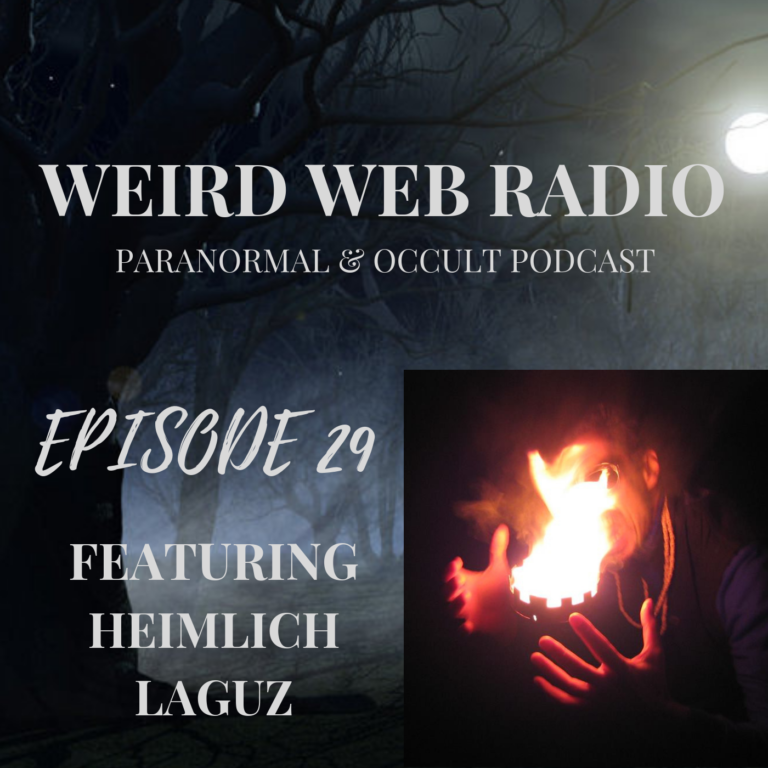
 There’s this notion among some Heathens (even, occasionally, progressive ones) whereby ancestry is reduced to biology. This is unfortunate for a few reasons.
There’s this notion among some Heathens (even, occasionally, progressive ones) whereby ancestry is reduced to biology. This is unfortunate for a few reasons. About three and a half years ago I had a strange, early-morning encounter. It was about 7am, pitch black winter gloom, and I was walking to work. As I passed by a tree, I looked up and found two gleaming eyes looking back at me.
About three and a half years ago I had a strange, early-morning encounter. It was about 7am, pitch black winter gloom, and I was walking to work. As I passed by a tree, I looked up and found two gleaming eyes looking back at me. Perhaps within you there is something that might be called the Forest of the Unnamed. You might find it waits within you on the very periphery of your awareness, hovering in anticipation of your attention. It lurks hungrily, greedily, its vast unknown waiting keenly to devour and to be devoured. It is a promise, and a gift, and a threat, a tension and obligation, a pledge of self to self.
Perhaps within you there is something that might be called the Forest of the Unnamed. You might find it waits within you on the very periphery of your awareness, hovering in anticipation of your attention. It lurks hungrily, greedily, its vast unknown waiting keenly to devour and to be devoured. It is a promise, and a gift, and a threat, a tension and obligation, a pledge of self to self. I have noticed from various Heathen quarters a lot of anger about the very existences of Chaos Magic and Chaos Heathenry, and beneath that anger appears to lie fear. I thought it would be interesting to reflect on the nature of this anger and this fear.
I have noticed from various Heathen quarters a lot of anger about the very existences of Chaos Magic and Chaos Heathenry, and beneath that anger appears to lie fear. I thought it would be interesting to reflect on the nature of this anger and this fear. Why Chaos Magic and Heathenism fused together? The guiding thread is skepticism about the importance of belief.
Why Chaos Magic and Heathenism fused together? The guiding thread is skepticism about the importance of belief.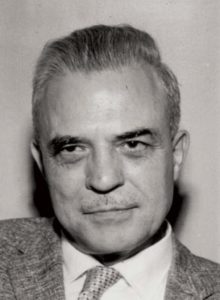 The famed psychiatrist and hypnotherapist Milton Erickson had an interesting theory about what it means to lose something. Erickson would say that if he lost or mislaid something there was no need to be concerned. He trusted that his unconscious mind had arranged the whole situation to his ultimate benefit. If it were meant to be, the lost item would be found again in time. If it were better never found, then he would go with that, too.
The famed psychiatrist and hypnotherapist Milton Erickson had an interesting theory about what it means to lose something. Erickson would say that if he lost or mislaid something there was no need to be concerned. He trusted that his unconscious mind had arranged the whole situation to his ultimate benefit. If it were meant to be, the lost item would be found again in time. If it were better never found, then he would go with that, too.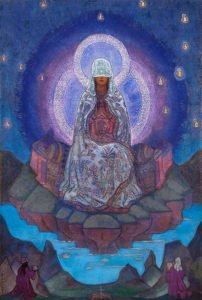 We know there is no system of social organization that can reliably facilitate individual freedom, because systems are forged from people and people are fallible. Certainly there are better and worse systems – the farce of US ‘democracy’ being a nice example of a rapidly disintegrating system that was never that great in the first place – but the best system in the world is still fallible.
We know there is no system of social organization that can reliably facilitate individual freedom, because systems are forged from people and people are fallible. Certainly there are better and worse systems – the farce of US ‘democracy’ being a nice example of a rapidly disintegrating system that was never that great in the first place – but the best system in the world is still fallible.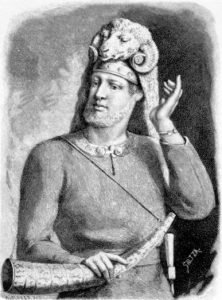 Typically the model for all personal growth is authoritarianism. We have to shape up, sharpen up, toughen up, lift that sorry, saggy self and push it into the format dictated by some source or other of ‘thus it must be.’
Typically the model for all personal growth is authoritarianism. We have to shape up, sharpen up, toughen up, lift that sorry, saggy self and push it into the format dictated by some source or other of ‘thus it must be.’